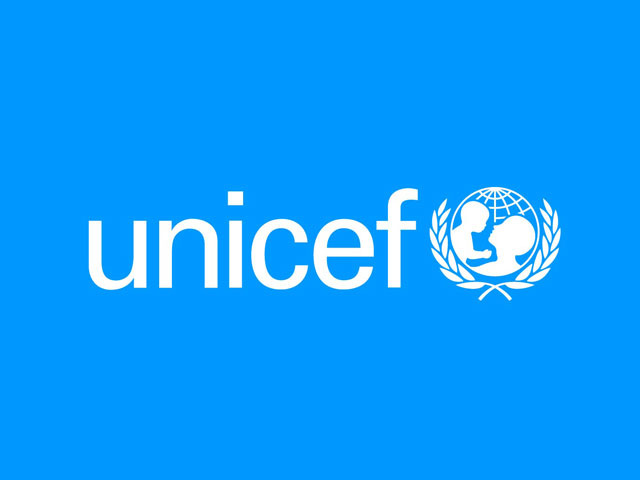Dollar to Naira Black Market Rate Today 26 September 2023 (UPDATED) » Voice of Nigeria
Dollar To Naira Black Market Exchange Rate 26 September 2023
This page shows the value of one US dollar in Nigerian naira for today, September 26, 2023. We update the info regularly. Money rates change fast, so bookmark the page and check back for new numbers.

Dollar to Naira Black Market Rate 26 September 2023
The current exchange rate for dollar to naira at the Lagos Parallel Market, also known as the Black Market, is set at N988 for buying and N993 for selling.
| Dollar to Naira | Black Market Rate Today |
| Buying Rate | N988 |
| Selling Rate | N993 |
Dollars to Naira Black Market 26 September 2023 – Handy Conversion Data Table
| Dollar ($) | Buying (₦) | Selling (₦) |
| 1 USD | 988 | 993 |
| 2 USD | 1976 | 1986 |
| 5 USD | 4940 | 4965 |
| 10 USD | 9880 | 9930 |
| 15 USD | 14820 | 14895 |
| 20 USD | 19760 | 19860 |
| 25 USD | 24700 | 24825 |
| 50 USD | 49400 | 49650 |
| 100 USD | 98800 | 99300 |
| 500 USD | 494000 | 496500 |
| 1000 USD | 988000 | 993000 |
| 2500 USD | 2470000 | 2482500 |
| 5000 USD | 4940000 | 4965000 |
| 10000 USD | 9880000 | 9930000 |
Naira to Dollar Black Market Handy Conversion Data Table
| Naira (₦) | Buying ($) | Selling ($) |
| 1 Naira | 0.0010 | 0.0010 |
| 2 Naira | 0.0020 | 0.0020 |
| 5 Naira | 0.0051 | 0.0050 |
| 10 Naira | 0.0101 | 0.0101 |
| 15 Naira | 0.0152 | 0.0151 |
| 20 Naira | 0.0202 | 0.0201 |
| 25 Naira | 0.0253 | 0.0252 |
| 50 Naira | 0.0506 | 0.0504 |
| 100 Naira | 0.1012 | 0.1007 |
| 500 Naira | 0.5061 | 0.5035 |
| 1000 Naira | 1.0121 | 1.0070 |
| 2500 Naira | 2.5304 | 2.5176 |
| 5000 Naira | 5.0607 | 5.0352 |
| 10000 Naira | 10.1215 | 10.0705 |
Dollar to Naira Rates News 26 September 2023
CBN’s $10 Billion Debt Default Impacts Banks, Pushes Dollar Close to N1,000 Mark
The Central Bank of Nigeria (CBN) is facing challenges in fulfilling its promise to clear over $10 billion in foreign exchange debts owed to Deposit Money Banks. This delay has had significant implications for the country’s economy, particularly its currency, the naira.
Despite assurances from the former acting CBN Governor, Folashodun Shonubi, that these debts would be settled within one to two weeks, multiple bank executives have reported that the CBN has not yet fulfilled this commitment. This delay has severely impacted the liquidity of banks in the foreign exchange (FX) market, leading many to suspend various FX transactions, including school fees and Personal Travel Allowance applications.
As a result of this delay, customers have turned to the black market to meet their FX needs, exacerbating dollar scarcity. The naira’s value has been affected, with reports of it being sold at rates as high as 1,000 naira per dollar on the black market.
Manufacturers in Nigeria are also concerned about the rising cost of goods and services, which is attributed to the depreciating value of the naira. They fear that these increased costs may lead to more factory closures and impact the affordability of locally made products compared to cheaper imported alternatives.
The President of the Manufacturers Association of Nigeria, Francis Meshioye, emphasized the need for government intervention to stabilize the naira’s value and prevent further hardships on Nigerians. He highlighted that the cost of production is rising due to the dependence on imported raw materials and equipment, which, in turn, is driving up product prices.
Additionally, the President of the Association of Bureaux De Change Operators of Nigeria, Dr. Aminu Gwadabe, pointed out the challenges posed by the volatility of the local currency. He cited factors such as the backlog of investors’ demands and disincentives for fresh funds coming into the economy as contributing to the widening gap between official and parallel market rates.
Gwadabe called for legislation to implement a willing buyer and willing seller concept in the FX market to enhance liquidity and public confidence. He also recommended that the government find ways to encourage more Diaspora remittances to alleviate the FX scarcity.
In response to the situation, the CBN had announced operational mechanisms for Bureaux De Change operators to trade foreign currencies at rates similar to those in the Investor & Exporter forex window. However, this measure may require further support to effectively address the challenges faced in the FX market.
The new CBN Governor, Dr. Olayemi Cardoso, has inherited a complex economic landscape marked by currency depreciation, rising inflation, and debt service obligations. Addressing these challenges will require strategic and transparent intervention in the forex market to minimize volatility and restore investor confidence. Clearing the backlog of forex obligations should be a priority to regain trust from both domestic and foreign investors.



